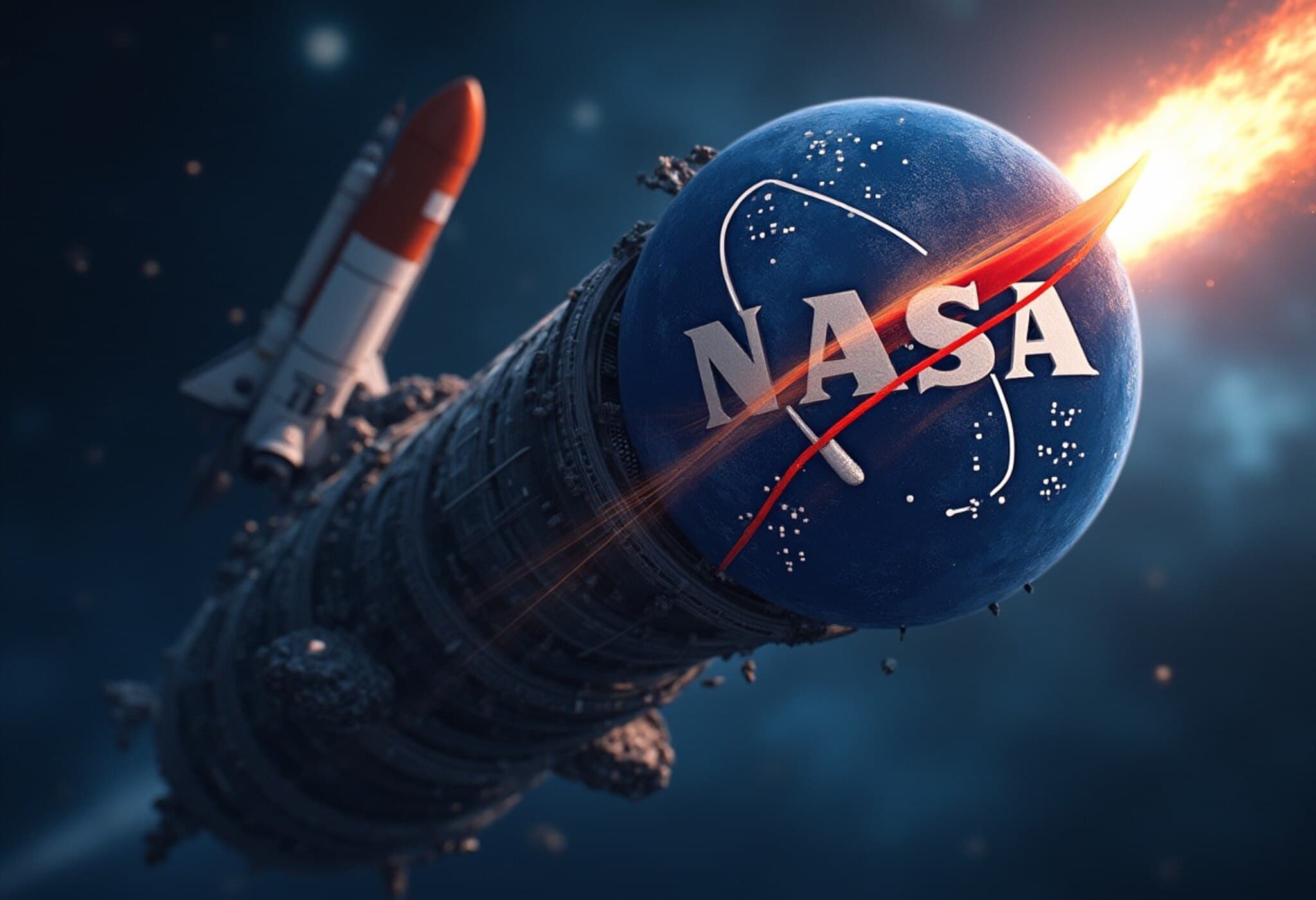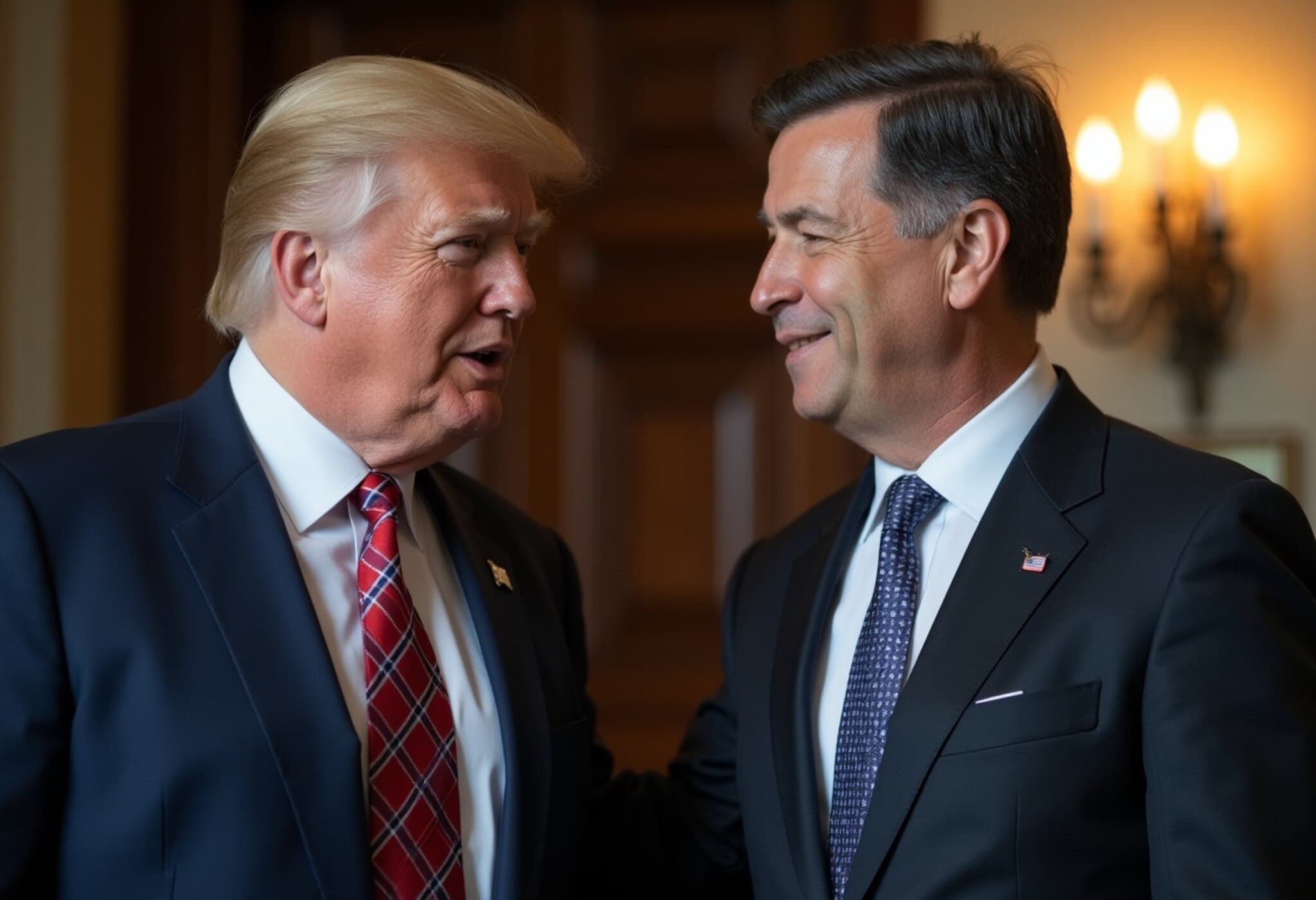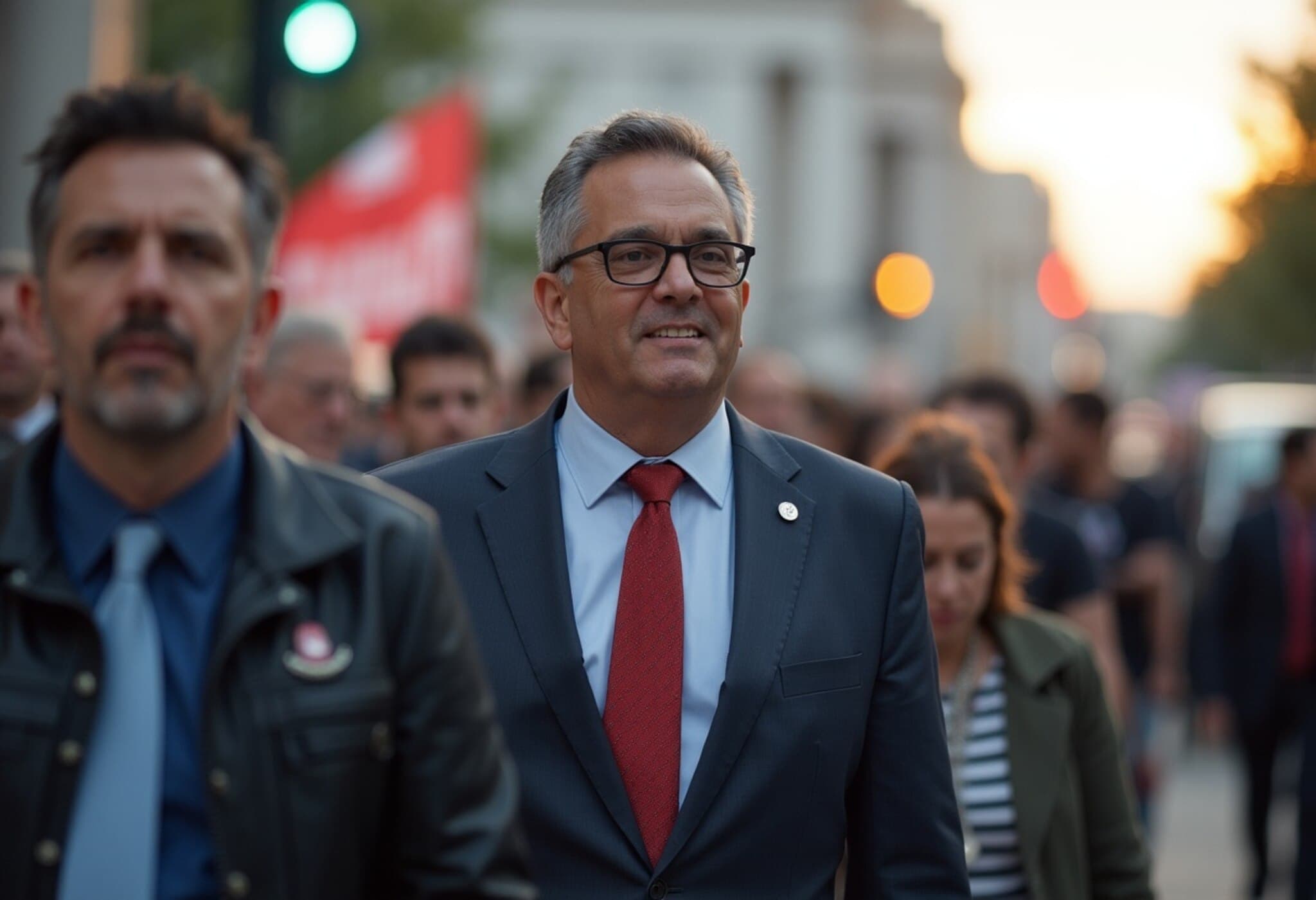Trump Administration Proposes Layoffs of Over 2,000 Senior NASA Staff
In a significant and controversial move, the Trump administration has announced plans to lay off more than 2,145 high-ranking employees at NASA. This decision aligns with broader federal efforts to cut government spending and downsize agency workforces. According to a Politico report, many of those affected hold senior positions with specialized expertise or critical management roles, raising concerns about potential loss of institutional knowledge within the space agency.
Impact on NASA’s Core Missions
Documents reviewed by Politico reveal that approximately 1,818 of the impacted employees work in NASA’s core scientific and human spaceflight missions. The remainder occupy vital mission support roles, such as information technology and operations. Experts warn that such a sharp reduction in experienced personnel could jeopardize ongoing programs and NASA’s ability to meet ambitious space exploration goals.
A NASA spokesperson, Bethany Stevens, commented to Reuters, “NASA remains deeply committed to our mission as we navigate working with a tighter, more prioritized budget.” Nevertheless, the uncertainty since President Trump’s return in January 2025 has unsettled NASA’s 18,000-strong workforce, who are facing proposed layoffs and budget cuts that threaten numerous scientific projects slated for fiscal year 2026.
Former NASA Leaders Urge Congress to Reject Budget Cuts
In a forceful rebuttal, a coalition of former NASA officials—many of whom served as heads of NASA departments—sent an urgent letter to the US Congress last week. They criticized the White House’s proposal to slash NASA’s science budget by nearly 47%, labeling it as "unprecedented" and a threat to America’s standing in global space exploration.
The letter implored the House Appropriations Committee to uphold US leadership in space by rejecting these damaging cuts. The former leaders highlighted the economic and technological benefits NASA investments bring, calling it “a powerful driver of the U.S. economy and technological leadership.”
Achievements at Risk
Reflecting on NASA’s historic achievements, the letter noted challenges overcome by skilled teams—such as landing a rover with millimeter precision on Mars, deploying massive space telescopes like the James Webb, and surviving extreme conditions near the Sun. These successes have inspired generations and placed the US at the forefront of space science innovation.
The Global Space Race Intensifies
Former NASA heads also warned that these cuts risk ceding critical advantages to China, whose space program is rapidly expanding. They pointed out China’s ambitions include Mars sample-return missions, Neptune exploration, climate-monitoring satellites, and deep-universe studies—ventures the US may have to abandon under the proposed 2026 budget.
This geopolitical aspect underscores how space exploration is not merely scientific but strategically vital, contributing both to national security and economic influence.
Expert Analysis: Navigating Budget Constraints Amid Strategic Competition
From a policy perspective, the proposed layoffs and budget reductions pose a paradox: while seeking fiscal discipline, they potentially weaken a strategic sector with far-reaching returns. NASA’s programs drive not only scientific discovery but also technological innovations that cascade into multiple industries, from healthcare to environmental monitoring.
Furthermore, the timing of these cuts is critical as China and other nations accelerate investments, possibly reshaping global leadership in space technology and exploration within this decade.
Experts argue that the loss of veteran NASA staff could slow project timelines, impede mentorship of emerging talent, and undermine the US’s ability to lead cutting-edge space missions. In a rapidly evolving geopolitical environment, maintaining a robust and well-funded NASA workforce is key to sustaining America’s competitive edge.
What Lies Ahead for NASA?
As the 2026 fiscal year approaches, NASA faces uncertainty — caught between budgetary stringency and commitments to ambitious scientific and exploratory goals. The agency’s future vitality may hinge on decisive legislative support to sustain investments in human capital and technology.
Stakeholders and space enthusiasts alike watch closely: Will Congress heed the warnings from former NASA leaders and preserve the nation’s trajectory in space, or will tough budget realities force the agency to downscale and delay key missions?
Key Takeaways:
- 2,145 senior NASA employees targeted for layoffs, risking loss of critical expertise.
- Nearly half of NASA's science budget proposed for cuts, imperiling many projects.
- Former NASA leaders warn of ceding ground to competitive international space programs, especially China.
- Budget reductions conflict with the strategic and economic importance of space exploration.



















